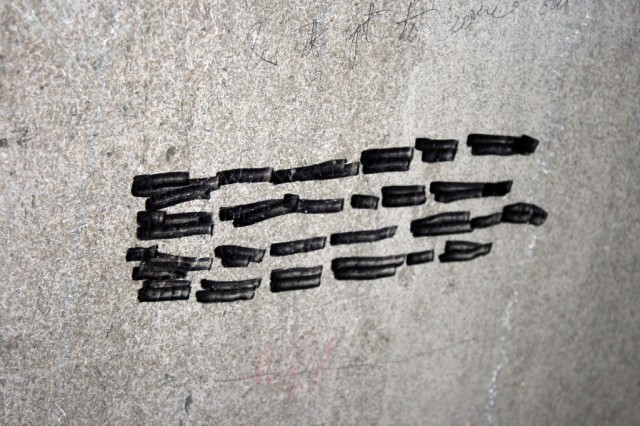
Just several weeks ago, Apple won a huge patent victory in the courtroom of US District Judge Lucy Koh. But now the company is finding itself on the defensive in the same San Jose courtroom, in a different battle—the fight to keep its financial information secret.
Today, Koh denied Apple's request to seal a variety of documents tied to its financial performance. The redacted documents include "product-specific unit sales, revenue, profit, profit margin, and cost data" that would bolster Apple's arguments for more damages.
The figures are important to Apple, because it wants a serious heap of cash added on to the jury's already enormous verdict, which, if it stands, would be the largest patent verdict in history. Apple is looking for an extra $535 million in damages in addition to the $1.05 billion awarded by the jury, and it also wants a variety of Samsung products kicked off the market; Samsung, meanwhile, wants a new trial, and claims that the jury foreman wasn't truthful about his history of lawsuits and view of the patent system.
As a company, Apple reports its profits regularly; but those profits are typically not broken out by product. Even numbers like how many iPod touches were sold in the US weren't revealed until they were shown during the Apple v. Samsung trial, and eagerly recorded by the small army of reporters who congregated each day in the back rows of the San Jose courtroom.
In an order [PDF] issued today, Koh said that Apple can't use its financial data to try to win remedies from the courts, while also keeping the information secret from the public.
"As Apple appears to have realized in introducing that exhibit, it cannot both use its financial data to seek multi-billion dollar damages and insist on keeping it secret," wrote Koh. "The public’s interest in accessing Apple’s financial information is now perhaps even greater than it was at trial." The remedies sought by Apple, "would have a profound effect on the smartphone industry, consumers, and the public... Beyond continuing to assert that its financial data are 'trade secrets,' Apple has not provided any new arguments for why this information should be protected."
The information won't be forthcoming immediately. Koh has agreed not to enact the unsealing until her order is reviewed by the US Court of Appeals for the Federal Circuit, the higher court which handles all patent cases. A similar order that Koh issued on Aug. 9, which would unseal different documents, has already been kicked up to the Federal Circuit for appellate review as well.
Concern about media and public access during the case was acute, with one news agency, Reuters, actually hiring its own attorney to intervene in the case. Before trial, Reuters filed motions that asked for a wide array of documents to be unsealed, an unusual (and expensive) move for a media organization covering a civil trial. Koh's close scrutiny of all the data that Apple and Samsung want to seal is surely connected to that extra media attention. As with this year's other big tech trial, the Oracle v. Google showdown in San Francisco, media were promptly given exhibits at the end of the day's trial action. (This is far from a regular practice, unfortunately.)
Now that the issue has gone to an appeals court, more open-access advocates are getting involved. The First Amendment Coalition filed a brief with the Federal Circuit, arguing that the data Apple wants to conceal aren't true trade secrets. On top of that, even true trade secrets "must be disclosed unless there are compelling reasons to keep them under wraps."
A separate brief arguing for upholding Koh's decision to unseal the documents was filed by the Reporters' Committee for the Freedom of the Press. Several major media organizations signed on to that brief, including Bloomberg, Dow Jones, The New York Times Company, and The Washington Post.
reader comments
107